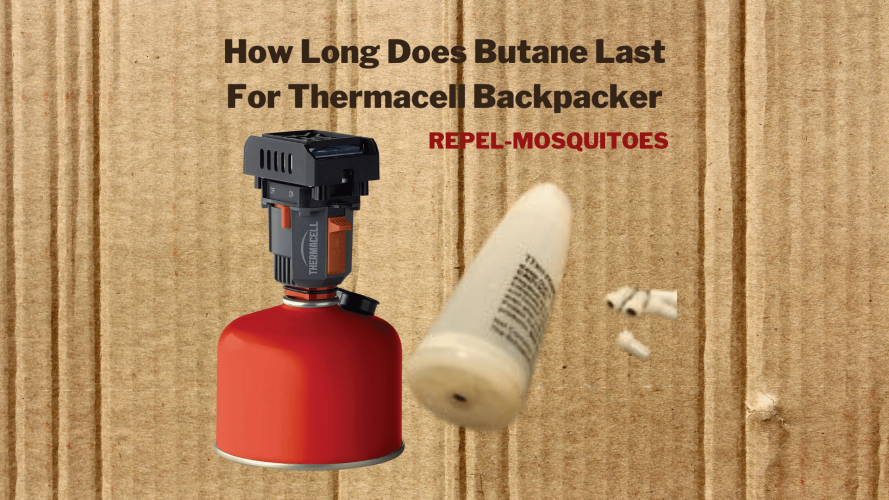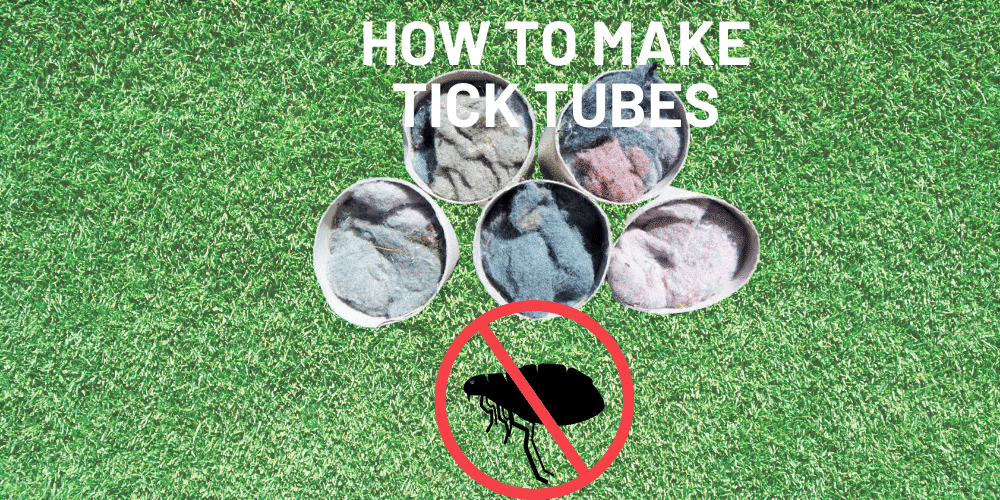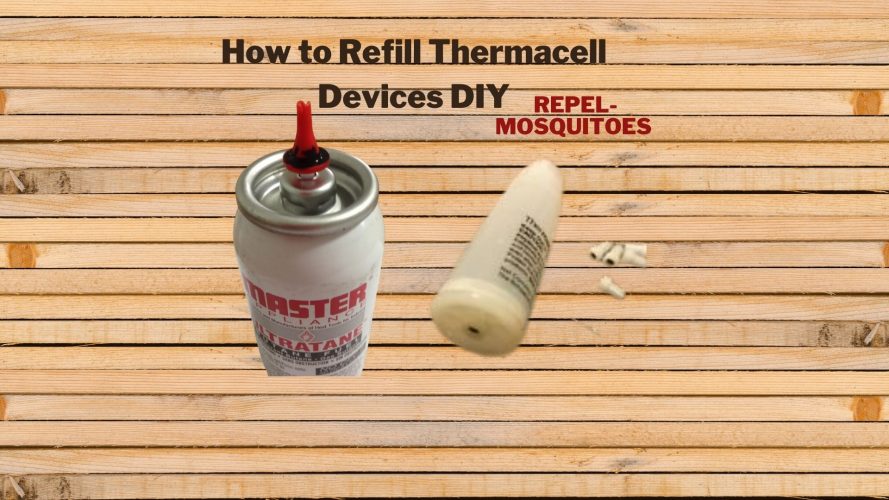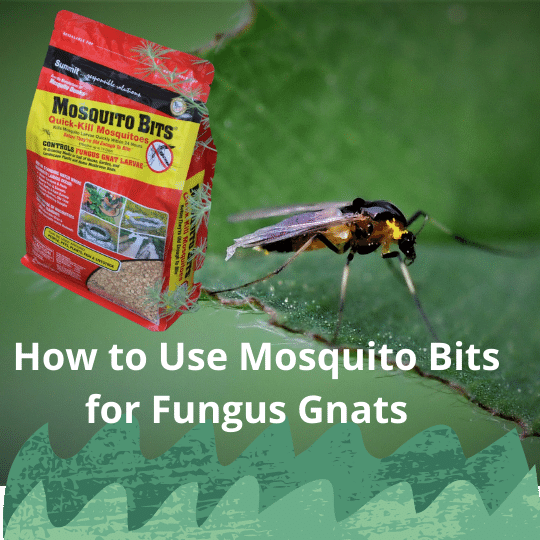A good way to avoid getting bitten by mosquitoes is to protect you with mosquito repellent. Mosquito repellents come in many forms, from sprays and creams to candles and coils. Each type of repellent has its own benefits and drawbacks, so it’s important to choose one that works for you.
Mosquito repellent is a must for camping, hiking, and other outdoor activities. It’s important to use an insect repellent that contains DEET or picaridin. Mosquito repellent helps keep you safe from these nasty insects.
Mosquito Repellent Can Help Prevent Malaria.
Mosquitoes that carry the malaria parasite bite humans and animals, injecting their saliva into the skin. The parasite then enters the bloodstream and begins to multiply inside red blood cells. The disease is transmitted when a mosquito bites a person who has malaria parasites in their blood.
The best way to avoid getting infected with malaria is to use insect repellent when you are outside at night or early morning when mosquitoes are most active. You should also wear long sleeves, long pants, and socks, as mosquitoes may bite through thin clothing.
Repellent Gives You A Sense Of Security
Many people are afraid of being bitten by mosquitoes or other insects, and repellent can help them feel better about going outside and enjoying the great outdoors. It can also help you keep the bugs out of your home and away from your children, which creates a safer environment for everyone. Repellent gives you a sense of security in the knowledge that you will be able to sit outside without being bitten by those pesky bugs.
Repellent Saves You from Mosquito Bites
Mosquito bites are no laughing matter. If you’re one of the people who get bit by mosquitoes every time they go outside, it’s only a matter of time before you start getting sick.
Repellent Gives You A Feeling Of Relief
There are many different options to choose from when it comes to repellents. The most common repellent that you will find is the citronella candles. These candles are easy to find at any store and often come with various scents. The other type of repellent that you can use is a spray that is made from essential oils. This spray can be found at most stores, but it may not come in as many different scents as the candle does. It also costs more than the candle does, but some people say that it works better than using a candle alone.
Different Types of Mosquitoes Repellent
Mosquito repellents are easy to find and use, and they can keep you from being bitten by mosquitoes! They come in many different forms: sprays, Organic plant , lotions, or even candles. Mosquito repellents also have a wide range of concentrations of active ingredients, so you should choose one that is effective for your needs.
Mosquito’s Repellents Are Mandatory for Outdoor Goers
Mosquito repellent is a must for anyone who spends time outside, even if you’re just relaxing in your own backyard. Mosquitoes are most active at dusk and dawn, and on cloudy or rainy days. They can bite you through clothing, so it’s important to wear long sleeves and pants at these times.
Mosquito repellents help prevent bites by creating a chemical barrier between you and the mosquitoes. Most repellents contain DEET (diethyl toluamide), which is a synthetic compound that mimics natural body odors and deters mosquitoes from biting you.
What Mosquito Repellent Is?
Mosquito repellent is a product that helps keep mosquitoes away from you. This is helpful for outdoors people in areas where there are many mosquitoes and do not want to be bitten.
Some people use mosquito repellents because they are allergic to mosquito bites, while others just want protection from mosquitoes in general. There are several different types of mosquito repellents, including creams, sprays, and lotions. Some of these products contain chemicals like DEET or Picaridin, while others have natural ingredients like citronella oil or lemon eucalyptus oil.
How to Use Mosquito Repellent Correctly
Mosquitoes are the worst. They buzz around your head, bite you, and make you itch. But there’s one thing that can stop them is mosquitoes repellent. But using excess repellent without any rules may bring reversed results. So, here’s how to use mosquito repellent correctly so that you can enjoy a summer evening without worrying about getting bitten by a mosquito.
Don’t Use More than What Is Recommended
The first rule of using DEET-based bug repellents is this: don’t overdo it! The CDC says that DEET should not exceed 30% concentration in order to avoid negative health effects like skin irritation, eye irritation, nausea, headache and high blood pressure. If you’re using a higher concentration than recommended by the CDC, there’s a good chance it will irritate your skin or eyes, which will make it harder for you to enjoy your time outside during the warm weather months ahead!
Be Careful When Using It on Your Face and Neck Areas
Mosquito repellent is one of the best ways to keep mosquitoes away, but it can also have adverse effects. The American Academy of Dermatology recommends avoiding mosquito repellent near your face and neck, especially when pregnant or breastfeeding.
This is because most mosquito repellents contain DEET, which can be absorbed through the skin. DEET can cause skin irritation, which may make it difficult for you to use your hands in those areas. It is also important to avoid using DEET-based products on infants under two months old because they are more susceptible to adverse reactions from DEET than adults are.
In addition to being careful when applying mosquito repellent near your face and neck area, be sure to follow all directions on the package carefully before applying to other parts of your body as well.
Use Only Approved Products
Make sure that you’re using a product that has been approved by the Environmental Protection Agency (EPA). If someone has given you their own homemade bug spray recipe, make sure that they’ve tested it before giving it to anyone else
Choose a Product with DEET or Picaridin
DEET is one of the most effective ingredients in mosquito repellents available today. It’s used widely because it works well at keeping mosquitoes away for long periods of time—even up to several hours after application! Picaridin is another great choice for repellent because it works similarly well but doesn’t have an odor like some other products do (like citronella).
Never Apply Repellent Over Cuts, Wounds, or Irritated Skin
It is recommended that you avoid using it on irritated or broken skin. This is because the chemicals in mosquitoes may further irritate these areas of your body. Also, it is essential to note that these chemicals will sting if they come into contact with open wounds. We strongly recommend not applying the repellent over cuts or wounds.
Do Not Apply Repellent under Clothing
There are many reasons why you should not apply repellent under your clothing. First and foremost, if you do this, you will end up with sticky hands. This is not only unhygienic but also not very pleasant when you want to touch things. Another reason why it is not recommended to apply repellent under your clothing is because it can stain your clothes and ruin them.
And finally, if you sweat while wearing clothes with repellent on them, then the repellent will drip down your back and into other parts of your body which may cause irritation or burning sensations.
Avoid Inhaling The Fumes From The Repellent.
While it’s important to keep yourself protected, you don’t want to breathe in the chemicals that are used to repel mosquitoes. While many repellents have a pleasant smell, some have a strong odor that can irritate your nose and throat. If you use a repellent with an unpleasant smell, try applying it sparingly to avoid breathing in too much of its fumes.
Read the Directions on the Package Carefully
If you’re using a new product, make sure you know how much to apply and where to apply it before heading outdoors. You may need to apply more than once when going out for longer periods of time or during evening hours when mosquitoes are most active.
Best Mosquito Repellent Devices for Camping
Best Mosquito Repellent for Dogs
Best Mosquito Repellent Essential Oil
Best Mosquito Repellent Spray in yard
How to find the best mosquito repellent spray
Best Outdoor Mosquito Repellent System for Yard
Best Outdoor Mosquito Repellent System of 2022
Best Mosquito Repellent Spray for Yard Reviews
Best Mosquito Repellent Ultrasonic Devices
Best Ultrasonic Repellent Spray for Babies



